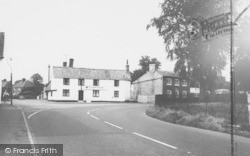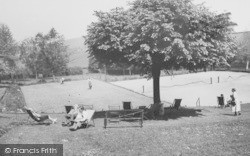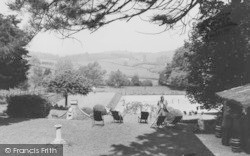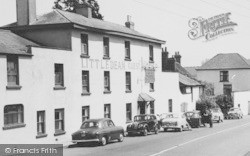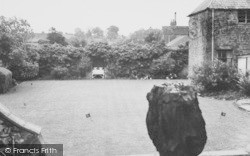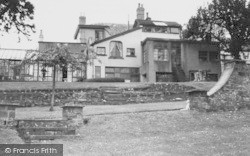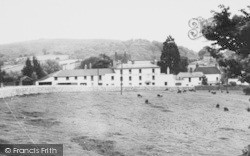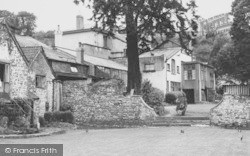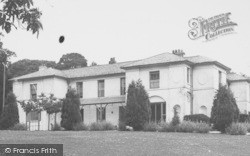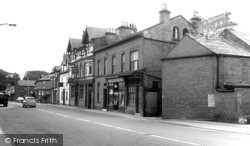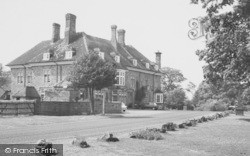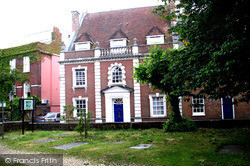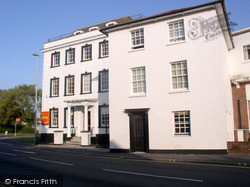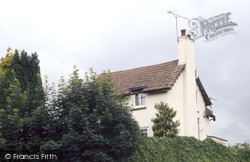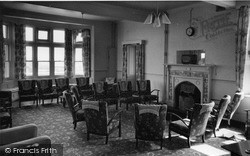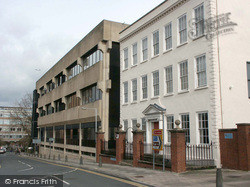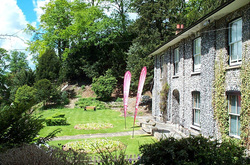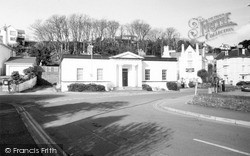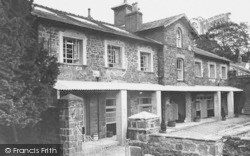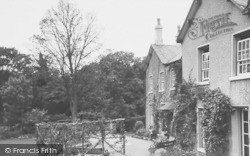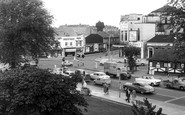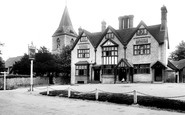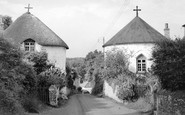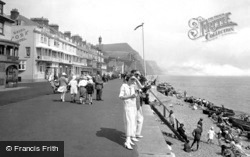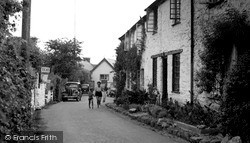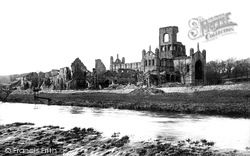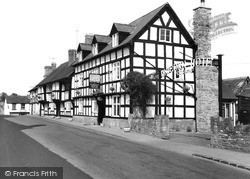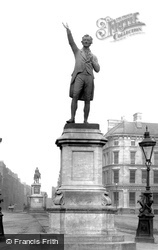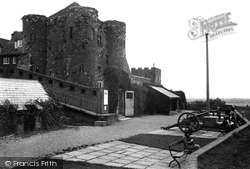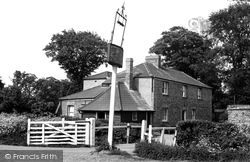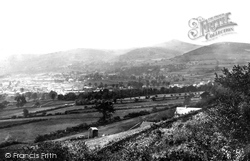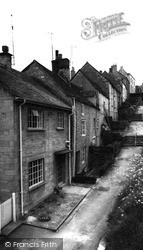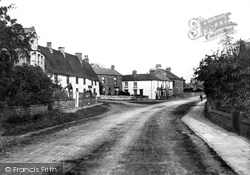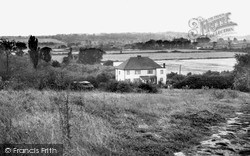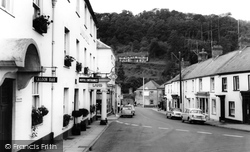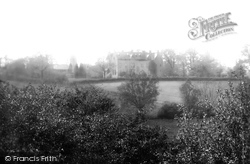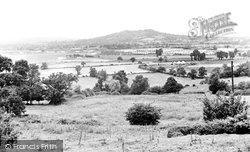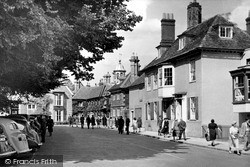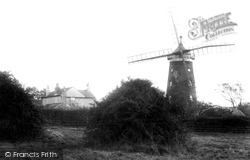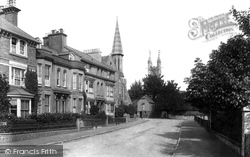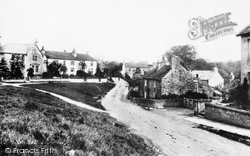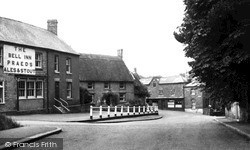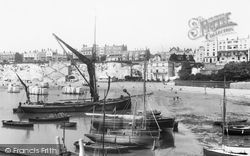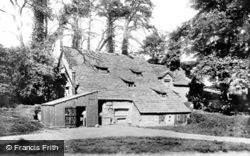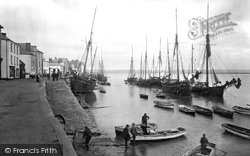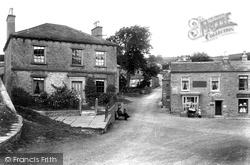Places
36 places found.
Those places high-lighted have photos. All locations may have maps, books and memories.
- Chatsworth House, Derbyshire
- Osborne House, Isle of Wight
- Brambletye House, Sussex
- Ickworth House, Suffolk
- Kingston Lacy House, Dorset
- Boscobel House, Shropshire
- Preshute House, Wiltshire
- Bolton Houses, Lancashire
- Brick Houses, Yorkshire
- Quaking Houses, Durham
- Water Houses, Yorkshire
- Bottom House, Staffordshire
- New House, Kent
- Mite Houses, Cumbria
- Lyneham House, Devon
- Church Houses, Yorkshire
- Dye House, Northumberland
- Spittal Houses, Yorkshire
- Street Houses, Yorkshire
- Tow House, Northumberland
- Halfway House, Shropshire
- Halfway Houses, Kent
- High Houses, Essex
- Flush House, Yorkshire
- White House, Suffolk
- Wood House, Lancashire
- Bank Houses, Lancashire
- Lower House, Cheshire
- Marsh Houses, Lancashire
- Chapel House, Lancashire
- Close House, Durham
- Guard House, Yorkshire
- Hundle Houses, Lincolnshire
- Hundred House, Powys
- Thorley Houses, Hertfordshire
- School House, Dorset
Photos
6,747 photos found. Showing results 1,821 to 1,840.
Maps
370 maps found.
Books
Sorry, no books were found that related to your search.
Memories
10,362 memories found. Showing results 911 to 920.
Fair Green
I lived in that stange area of Mitcham known as Lonesome, situated between the level crossing at Eastfields and the bottom of Streatham Vale. It was a sort of 'No Man's Land'. My schooling from 1951- 1957 took place first at the wooden ...Read more
A memory of Mitcham in 1958 by
A Tiny Hamlet Lost In Time
The year was 1970. Myself and a friend were typical 15 year old youths of the time, well, typical for our type of neighborhood. We had long hair, pierced ears, denim jeans and jackets and owned but a couple of shillings ...Read more
A memory of Trelights in 1970 by
Two Of My Uncles Memorailzed On Obelisk At Wooburn Green
My grandfather was GM of Glory Mill in the early 1900s. My father and his siblings were raised in a house located on the grounds. There were four brothers and all served in the British ...Read more
A memory of Wooburn Green in 1920 by
Horse & Groom
Not sure but my great grandad may have owned/run this inn back then
A memory of Merrow in 1910 by
My Fathers Birthplace.
My father Cornelius Henry Johns (Naily to everyone who knew him) was born in the little Round House on the left of the photo. He was the youngest of a large family, and there were 11 people living there in 1899. They then moved ...Read more
A memory of Veryan in 1890 by
My Mothers Was Evacuated To Penny Bridge During Ww2
My mother Iris Woods was evacuated to Penny Bridge during WW2. She first stayed at Penny Bridge House with the Stanley sisters - Franny & Alice? She then was moved to Mrytle Cottage to ...Read more
A memory of Penny Bridge in 1940 by
Ww2 Pontllanfraith
My paternal grandfather, Joseph Cook, lived at No 24 Newbridge Road, Pontllanfraith and to avoid the bombing where we lived in South London, we stayed in his house. I was too young for school, but my brothers, Joe and Pat ...Read more
A memory of Pontllanfraith in 1944 by
Flimby
I cannot remember a time where Flimby did not feature in my life. My father was born on Ryehill Road, and my grandfather was born and bred in Flimby. It once was a pit village and my grandfather John Watters was an engineer, his father was ...Read more
A memory of Flimby by
Childhood Memories
I have very happy memories of a childhood spent in Mynydd Isa. I was only there for 4 years ('72 - '76) but I crammed a lot of adventures into that time! My friend Audra and I used to go cycling down Rose Lane and look a the ...Read more
A memory of Mynydd Isa in 1973 by
Escrick Park Gardens Market Gardens 1950 1966
My aunt and uncle - Mr and Mrs George Pratt - used to manage the market gardens in Escrick. We had many happy holidays there, and I remember the peaches and apricots growing up the wall, rows and rows ...Read more
A memory of Escrick in 1950 by
Your search returned a large number of results. Please try to refine your search further.
Captions
6,914 captions found. Showing results 2,185 to 2,208.
The town's first library was situated in one of the houses in York Terrace.
The gable end of the lifeboat house is seen in the background, almost at the end of the road through the village.
Even so the chapter house, cloisters and abbot's lodging are still impressive.
When visiting Weobley, Charles I stayed in the Unicorn Inn, but that Unicorn was a totally different building which later became a house called 'The Throne'.
This statue of Henry Grattan (1746 - 1820) stands outside the Bank of Ireland (formerly the Parliament House) and shows the great orator in the act of speaking.
The Ypres Tower of c1250 was sold in 1430 to John de Ypres as a house. This is inexplicable, bearing in mind the French raid of 1377. A prison from 1518 to 1865, it is now a museum.
It retains its rural seclusion in spite of recent threats: plans for a major housing development, just north of here at Tillingham Hall, were challenged and overturned in 1987.
To a current inhabitant, the most striking feature of this view is the absence of houses in the centre.
Nearby, Chipping Croft is a 17th-century house to which an elegant balcony was added in Regency times.
The Abbey was founded by the Premonstratensians; they were an order noted for preferring secluded areas, both for building their religious houses and for rearing their sheep.
The long fields in the distance were filled with houses soon after this picture was taken, with the development of the Basildon Drive estate.
Across the river on the hillside is The Cottage, a mock-Tudor house with plaster pargetting standing amid rhododendrons.
This view now would include houses on the field and the school area. St John's church is in the background.
Originally the site of a Roman villa in the 1st or 2nd century AD, and on Ermine Street, this outlying hamlet has gradually been absorbed into expanding Gloucester; many of its older houses have been
The Doric pediment above the doorway of the house to the right reminds us of our links with classical Greece.
This tower mill still stands, though it is now a private house and has lost its sails.
Both the Congregational Church and the houses next to it on the left were demolished in the 1970s to make way for the town's Magistrates Court.
The abbey was founded by the Premonstraterians; they were an order noted for preferring secluded areas, both for building their religious houses and for rearing their sheep.
In later years the building was converted to a private house.
By the end of the 17th century it had been rapidly developed by the building of shops, taverns, hotels and houses as the town flourished as a fashionable spa resort.
On the left is Bleak House, now castellated, and on the right the pier and little harbour. Broadstairs retains its Dickens association with its annual Dickens Festival.
What is thought to be the oldest inhabited house in Cheshire is also near Alderley Edge: the stone-built portion of Chorley Hall is thought to date from about 1330, the remainder being Elizabethan.
The quay has been straightened and raised, but the houses behind are substantially unchanged. Inevitably, the type of boat that ties up today has also changed somewhat.
Behind Woodburn House, left, was the village brewery. The confectionery shop and the chemist's (right) are now private cottages.
Places (80)
Photos (6747)
Memories (10362)
Books (0)
Maps (370)


